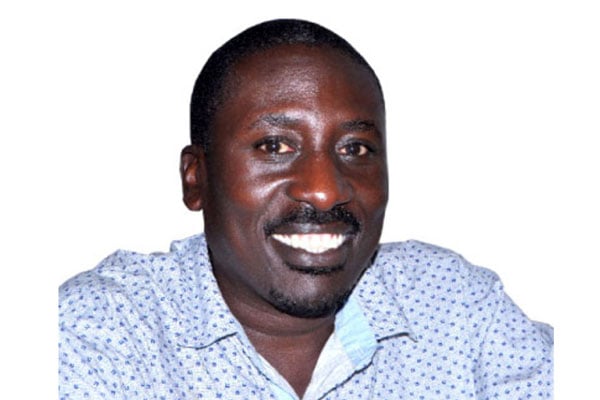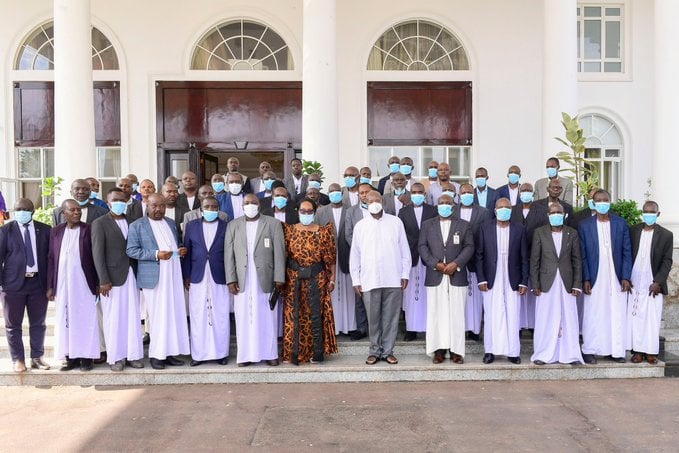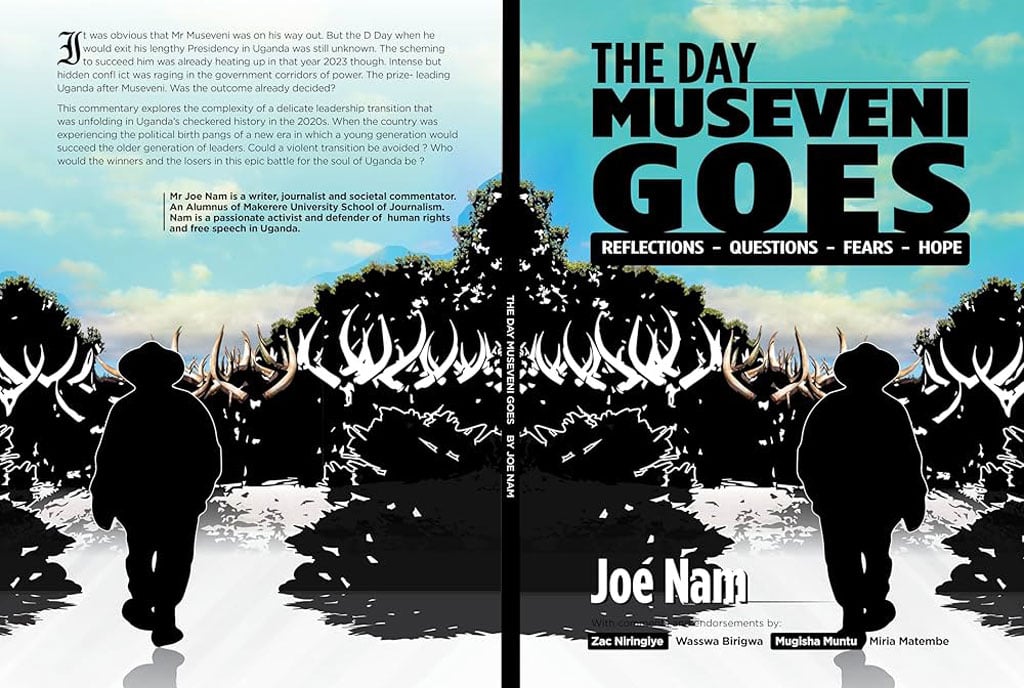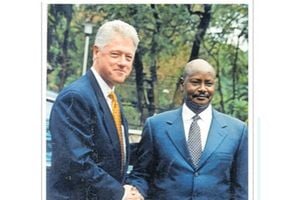
Philip Matogo
“Extraordinarily, he (Yoweri Museveni) asked me to convey to the Foreign Office my impressions of the strength of the NRA (National Resistance Army). In particular, I was to inform them that the NRA only needed 1,000,000 rounds of 7.62mm ammunition to finish off the war. He said 2,000 AK-47s and 2,000 rounds of 68mm mortar shells would be helpful but not essential. If the British government wanted to assess the strength of the NRA, then they could send a secret agent to visit,” Mr William Pike wrote in his book: Combatants: A Memoir of the Bush War and the Press in Uganda.
The year was 1984; the quote was on Page 84.
It seemed that rebel Museveni was offering his army, the NRA, to the British in a sort of you-scratch-my-back-and-I'll-scratch-yours arrangement. Later, this offer, if you like, crystallised in the shape of shared political dividends for both Mr Museveni and the British.
"I spent happy hours talking to Uganda’s Yoweri Museveni, that ancient bush fighter who is so important for the peace of the region, from Somalia to Congo to Sudan. He is crucial. Although we may disapprove of some of his prejudices," writes former British prime minister Boris Johnson in his new memoir, Unleashed.
There are two ways to sum up these two quotes.
One, Mr Museveni made something of a Faustian Bargain where he would protect British interests if they acknowledged the trouble he had taken in doing so by preserving his power. In this way, he would become a sub-imperialist. Whatever he gained would reflect his selfish yen for power. While the Devil, Ugandans, could take the hindmost. This would be cynical, worthy of an Uncle Tom.
The second possibility, in summing up these quotes, would reveal Mr Museveni as the supreme strategist, playing the long game. Here, he would be using the British to stitch up not just his personal designs on power, but also his country’s position in the geo-strategic scheme of things. By making the British think he is working for them, he could secretly work for his country.
Buganda did that at the dawn of Uganda’s protectorate status. The kingdom made the British think it was exclusively pandering to their interests. But then several disagreements between Mengo and Whitehall spilled over into the Kabaka Crisis of 1953.
Before that, Buganda’s administrative stamp was all over Uganda. Other regions in the protectorate became carbon copies of Buganda as far as civics is concerned. That is why my maternal grandfather was called a Saza chief in the idiom of Buganda Kingdom’s bureaucratese.
Accordingly, Buganda’s statecraft spread across the country. Thus we saw Buganda outfoxing the British and stealing the march on every other region in Uganda.
Mr Museveni could have also used the British to secure his position as a prelude to fulfilling a wider, altruistic vision. Then, having co-opted the unwitting British in plans, he could later turn on them when he was strong enough to do so. In this vein, he would achieve with his NRA what Kwame Nkrumah failed to achieve with his Bureau of African Affairs on the African stage.
I wish it were the case. But so much has happened since 1986. And it has convinced some of us that Mr Museveni is more interested in his own power than Africa’s prestige.
This makes him more of a Moïse Tshombe than a Patrice Lumumba. It could also explain why he has been in power this long.
If this is true, Uganda needs divine intervention.
Mr Matogo is a professional copywriter.
Email: [email protected]








